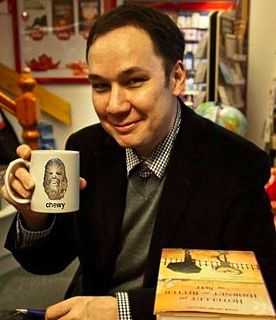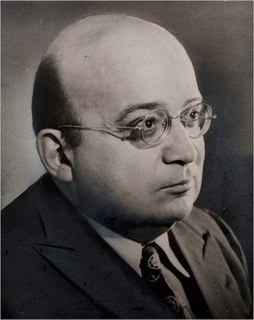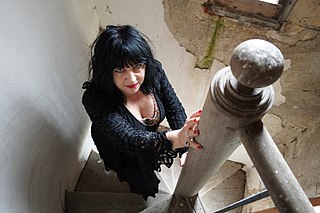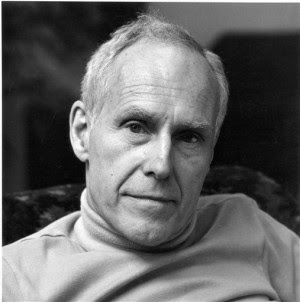A Quote by Willa Cather
Henry Colbert, the miller, always breakfasted with his wife--beyond that he appeared irregularly at the family table.
Related Quotes
I want to show you how Stephen Miller is just good, folks. He's simply good. He needs to be doing more of these. The first time he went public as a spokesman for Donald Trump was on This Week with George Stephanopoulos. Stephen Miller was unflappable. He didn't lose his temper. He smiled. It appeared that Miller knew he was talking with somebody who didn't know what he was talking about and remained composed and polite.
A young nurse, someone new whom he didn't recognise, came up to Henry and patted him on the arm. "Are you a friend or a family member?" She whispered the question in his ear, trying not to disturb Sheldon. The question hung there like a beautiful chord, ringing in the air. Henry was Chinese, Sheldon obviously wasn't. They looked nothing alike. Nothing at all. "I'm distant family," Henry said.
For my wife Mary Corliss and me, 'Colbert' has been destination viewing. Even in the early years, we never took the show's excellence for granted, agreeing that someday we'd look back on the double whammy of 'The Daily Show' and 'The Colbert Report' as the golden age of TV's singeing singing satire.
I love Stephen Colbert and Jon Stewart because they're bringing irony back into American humor, which is a delicious treat. The entire Colbert persona of being extreme right-wing when he's not at all is highly amusing. He does it so well, but sometimes a little too well. My wife is convinced he's completely that way.
My husband is Dutch, and his family, when you sat down to eat food at the table, you never left the table until you ate living bread and drank living water. They never left the table until they'd read Scripture together. So morning, lunch, suppertime, Scripture was always read at the table, and then there was prayer to close.
[Henry Miller] was such a scribomaniac that even when he lived in the same house as Lawrence Durrell they often exchanged letters. For most of his life, Henry wrote literally dozens of letters a day to people he could have easily engaged in conversation - and did. The writing process, in short, was essential. As it is to all real writers, writing was life and breath to him. He put out words as a tree puts out leaves.
Waiting for Godot was not allowed. Neither was Henry Miller. The Soviets condemned them both. Miller would have been used as an example of decadence, being a very good analyst of how terrible and monstrous American culture was. That they liked, but they wouldn't publish him. I guess it must have been the sex. With Beckett, it must have been the hopelessness.
The book it reminded me of most is Henry Miller’s The Books in My Life. Like Miller, Shields manages to convey his affection for and admiration of literature, and that, the enthusiasm and admiration, can revitalize the reader’s love for the art form. I’m grateful for How Literature Saved My Life because the book has made me think again – and for the first time in a while – 'Well, what is it we do when we read?' It’s a damned annoying question, but it needs to be asked now and then, and Shields has asked it in a way I find resonant and moving.

































